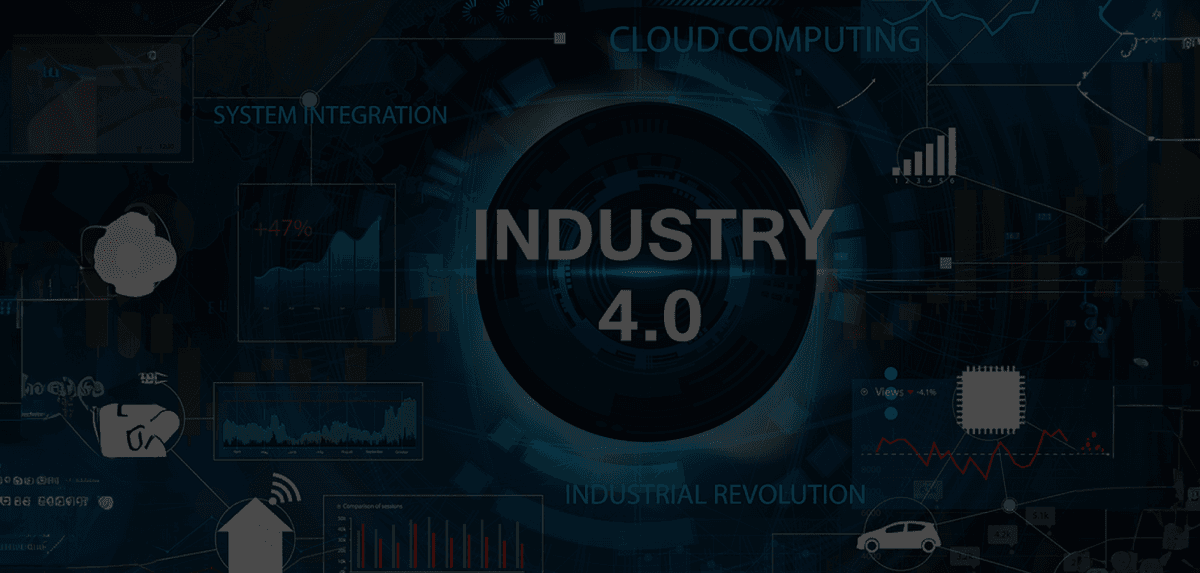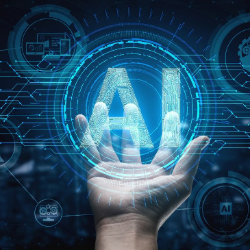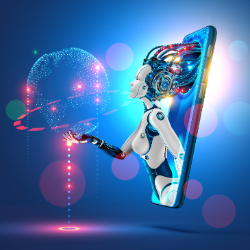
Integrating AI into Mechanical Machines
Unlocking the Potential of Automation
Introduction
The field of Artificial Intelligence (AI) has witnessed remarkable advancements in recent years, with applications spanning across various industries. One area where AI has shown immense potential is in the integration with mechanical machines. By combining the power of AI algorithms and automation, mechanical machines are becoming smarter, more efficient, and capable of performing complex tasks with precision. In this article, we will explore the intersection of AI and mechanical machines, highlighting the benefits, challenges, and potential future developments.
Enhancing Automation with AI
Mechanical machines have traditionally been designed to perform repetitive tasks in a pre-programmed manner. However, by integrating AI, these machines can now exhibit enhanced intelligence, adaptability, and decision-making capabilities. Here are some key ways AI is transforming mechanical machines:
1. Predictive Maintenance
AI algorithms can analyze data collected from sensors embedded in mechanical machines to predict maintenance requirements accurately. By continuously monitoring parameters such as temperature, vibration, and performance, AI can identify potential failures before they occur. This enables proactive maintenance, reducing downtime and optimizing the lifespan of machines.
2. Quality Control and Inspection
AI-powered vision systems can detect defects, anomalies, or irregularities in real-time. By analyzing images or sensor data, these systems can identify imperfections that might be missed by human operators. AI algorithms can also learn from past data to improve accuracy and efficiency in identifying quality issues, enhancing overall production quality.
3. Process Optimization
AI algorithms can optimize mechanical machine operations by analyzing large datasets and identifying patterns that lead to increased efficiency. By dynamically adjusting parameters such as speed, pressure, and temperature, machines can achieve optimal performance, reduce energy consumption, and minimize waste.
4. Intelligent Robotics
AI enables the development of intelligent robotic systems that can perform intricate tasks with precision and adapt to changing environments. These robots can be programmed to learn from experience, improving their performance over time. They can automate complex assembly processes, handle delicate materials, and work collaboratively with humans in industrial settings.
Challenges in Implementing AI in Mechanical Machines
While the integration of AI into mechanical machines offers numerous benefits, there are also challenges that need to be addressed:
1. Data Availability and Quality
AI algorithms rely on vast amounts of data to learn and make accurate predictions. Ensuring the availability and quality of relevant data is crucial for successful implementation. Collecting and storing data from sensors, machines, and production processes require robust infrastructure and data management strategies.
2. Safety and Reliability
AI-powered machines need to operate reliably and safely in industrial environments. Ensuring that these machines are not only efficient but also adhere to safety standards is of utmost importance. Developing fail-safe mechanisms and implementing appropriate safety protocols is critical to maintain a secure working environment.
3. Human-Machine Collaboration
As machines become more intelligent, there is a growing need for effective collaboration between humans and AI-powered machines. Designing interfaces that allow humans to interact seamlessly with these machines, providing intuitive controls and feedback, is crucial for successful integration.
Future Developments and Opportunities
The integration of AI with mechanical machines is an evolving field with promising future developments:
1. Cognitive Automation
Advancements in AI algorithms, such as deep learning and natural language processing, open doors for cognitive automation. Machines equipped with AI can understand and interpret human instructions, making them capable of more complex tasks and expanding their range of applications.
2. Swarm Robotics
Swarm robotics leverages AI algorithms to enable multiple robots to work together in a coordinated manner, emulating the behavior of a social insect colony. This approach holds the potential for increased efficiency, scalability, and fault tolerance in industrial settings.
3. Autonomous Decision Making
AI-powered mechanical machines may become capable of making autonomous decisions based on real-time data analysis. This opens up opportunities for adaptive manufacturing, where machines can dynamically adjust their processes and configurations based on changing requirements and optimize production on the fly.
Conclusion
The integration of AI into mechanical machines offers tremendous potential for automation and optimization in various industries. By leveraging AI algorithms, mechanical machines can achieve enhanced intelligence, predictive maintenance, superior quality control, and optimized processes. While challenges such as data availability, safety, and human-machine collaboration need to be addressed, the future holds exciting possibilities for cognitive automation, swarm robotics, and autonomous decision making. As AI continues to advance, the collaboration between humans and AI-powered machines will undoubtedly redefine the boundaries of efficiency and productivity in the industrial landscape.




